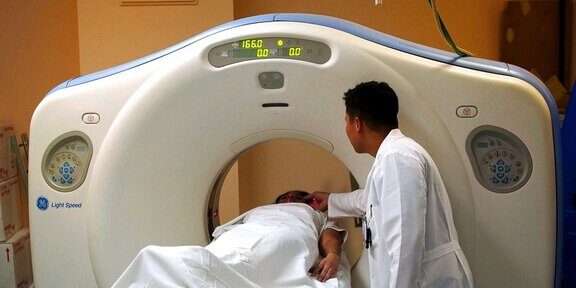Global health is the health of populations in the global context. Global health can be measured as a function of various global diseases and their prevalence in the world and threat to decrease life in the present day.
A healthy diet, in addition to exercise, is thought to be important for lowering health risks, such as obesity, heart disease, type 2 diabetes, hypertension and cancer.
These technologies can provide interactive services that are personalized to the patient’s condition and provide healthcare workers with patient education, pain assessment and medication teaching.

Global health is not to be confused with international health

Global health is about worldwide health improvement including mental health, reduction of disparities, and protection against global threats that disregard national borders.
Global health is not to be confused with international health, which is defined as the branch of public health focusing on developing nations and foreign aid efforts by industrialized countries.
Both individuals and organizations working in the domain of global health often face many questions regarding ethical and human rights.

Other social sciences such as sociology, development studies, psychology, anthropology, cultural studies, and law can help understand the determinants of health in societies.
Both individuals and organizations working in the domain of global health often face many questions regarding ethical and human rights.
Global health is about worldwide health improvement including mental health, reduction of disparities, and protection against global threats that disregard national borders.

The only way to keep your health is to eat what you don’t want, drink what you don’t like, and do what you’d rather not. Mark Twain – Quotes
Global health employs several perspectives that focus on the determinants and distribution of health in international contexts:

- Medicine describes the pathology of diseases and promotes prevention, diagnosis, and treatment. Public health emphasizes the health of population
- Epidemiology helps identify risk factors and causes of health problems.
- Demography provides data for policy decisions
- Economics emphasizes the cost-effectiveness and cost-benefit approaches for the optimal allocation of health resources.
Interactive patient care
- Interactive patient care (IPC) refers to an approach in health care that places the emphasis on providing entertainment and educational resources to the patient bedside via the in-room TV.
- This evolution of IPC expands the engagement footprint beyond the bedside to include the entire continuum of a patient’s care – primarily adding the home.
- These technologies can provide interactive services that are personalized to the patient’s condition and provide healthcare workers with patient education, pain assessment and medication teaching.A healthy diet, in addition to exercise, is thought to be important for lowering health risks, such as obesity, heart disease, type 2 diabetes, hypertension and cancer.















Neueste Kommentare